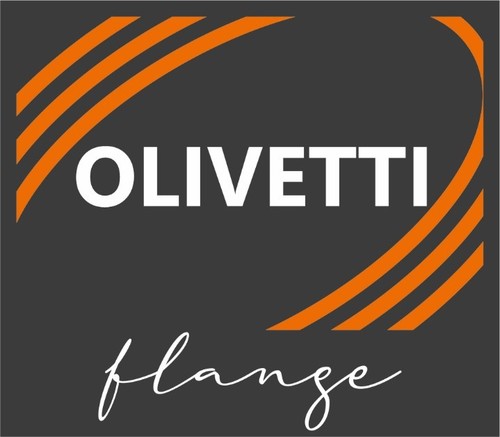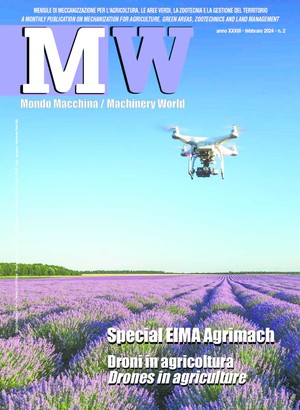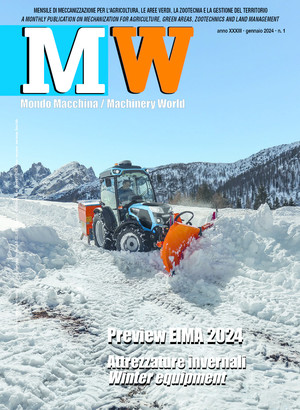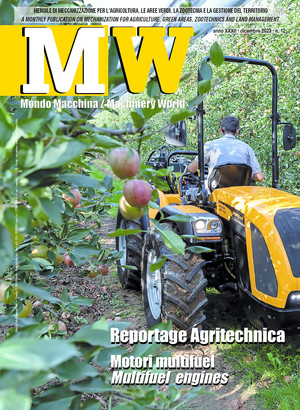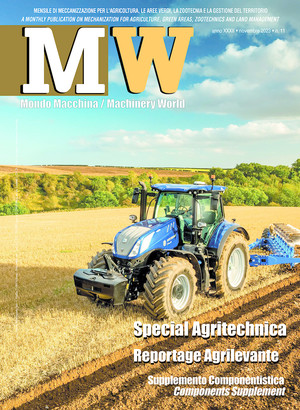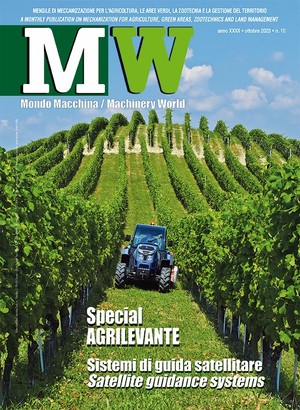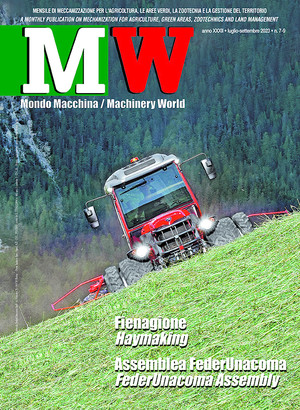
AEO certification, a key to success in international markets
Last May, the European Commission presented a reform project that will lead to closer coordination between European customs. The new rules provide for greater digitalisation of customs processes that will also benefit businesses
The sharp increase in international transactions, the digital evolution, the growing complexity of the product regulatory framework and the need for closer coordination between European Customs are at the heart of the project to reform the EU customs system. On 17 May, the European Commission presented an ambitious reform project that envisages a complete rewriting of the rules contained in the European Customs Code, superseding the current code, which was approved not too far back in 2013.
The new system of rules establishes a further enhancement of the digital dimension of customs processes, with the aim of simplifying and rationalising customs declaration obligations, to the benefit, above all, of traders. An online platform will enable companies which intend to bring goods into the EU to register all information concerning the products to be imported. A true digital customs centre.
From the point of view of coordination between European customs, the reform establishes a new entity - the Customs of the European Union - which aims to overcome the current fragmentation. Today, the application of common rules is assigned to 27 different customs authorities, without any real coordination from Brussels.
The push for digitisation of customs procedures should not, however, lead one to think that selling abroad or buying from abroad only implies highly standardised procedural fulfilments and thus lacks the need for adequate in-depth study and consideration. On the contrary, doing business with foreign countries continues to be an extremely advantageous but complex activity, which requires expertise in the field of international contracts and the fundamental rules concerning goods: their commodity classification, customs origin, the possibility of using the 'made in Italy' marking, the rules concerning export control and dual use. In other words, if, on the one hand, information technology has simplified the interface with Customs, on the other hand, many forms of responsibility for products and compliance with customs regulations have shifted to the business side. One example is the authorised and registered exporter, i.e. companies that self-certify the preferential origin of the exported product, without the need for a certificate to be issued by the customs authorities. More benefits, but more responsibilities.
Among the actors involved in the reform is the Authorised Economic Operator (AEO). Specifically, in Report No. 13/2023, the European Court of Auditors analyses the AEO programme and highlights how authorised economic operators assume a central function in the performance of customs activities.
AEO authorisation is an international certification that gives companies access to considerable simplifications in carrying out transactions and, in addition, attests to the high level of competence and professionalism of authorised parties. The European Court of Auditors notes how the AEO programme facilitates trade flows and produces an improvement in the efficiency of companies and Customs.
The programme is implemented by the Member States, whose customs authorities are responsible for issuing and managing AEO authorisations in the EU. The customs authorities of the Member States may grant AEO status to any business established in the customs territory of the EU if it meets certain criteria: compliance with customs and tax rules; record-keeping; financial solvency; and competence in the management and application of customs legislation. Among the benefits granted to AEO entities are reduced controls, prior notification in case of selection for control of goods, priority treatment (verifications are carried out with priority on the products of authorised entities), easier access to customs simplifications (such as simplified declaration, exemption from the obligation to present goods at Customs), but also further indirect benefits whose effects are related to the operational and commercial scope of the business).
The reform project also introduces a specific group of Trust and Check operators. This system reinforces the advantages and role of the existing figure of the authorised economic operator. Trust and Check operators will have to fulfil several criteria: they will not have committed any offences, they will have to implement a high level of control of their operations and supply chain, and they will have to provide proof of financial solvency. They will also have to report the transport data of their goods and proof of their compliance with all relevant requirements through the use of the EU Customs Data Centre.
If these conditions are met, Trust and Check operators will be able to import goods without the need for active customs intervention, will be able to check the conformity of their goods themselves, and will be able to pay duties periodically, without filing customs declarations for each consignment.

